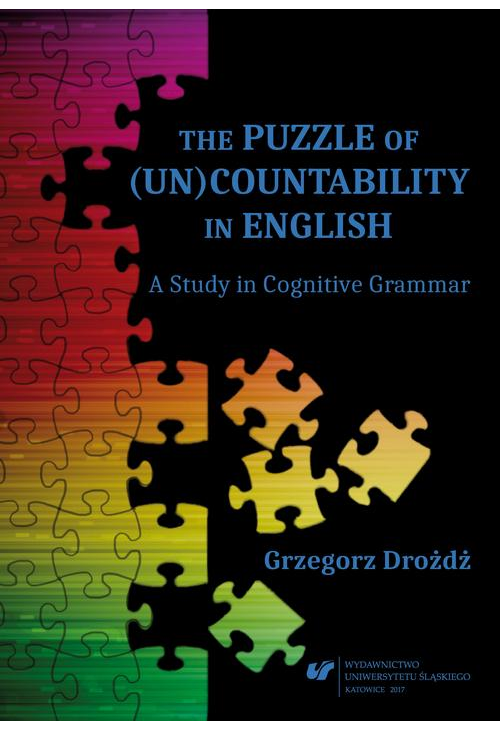
- -14%
ebook The Puzzle of (Un)Countability in English. A Study in Cognitive Grammar
Odkryj fascynujący świat języka angielskiego w "The Puzzle of (Un)Countability in English. A Study in Cognitive Grammar" autorstwa Grzegorza Drożdża, opublikowanym przez Wydawnictwo Uniwersytetu Śląskiego w 2017 roku. Ta monografia zgłębia tajemnicze aspekty policzalności i niepoliczalności rzeczownika w języku angielskim, oferując głębokie spojrzenie na tę fascynującą dziedzinę lingwistyki.
Drożdż rozpoczyna od przeglądu literatury, obejmującego kluczowe badania i podejścia, począwszy od pierwszych gramatyk, przez logiczne, morfologiczne, syntaktyczne, semantyczne i pragmatyczne perspektywy, aż po analizę z punktu widzenia Gramatyki Kognitywnej. Ta solidna podstawa teoretyczna stanowi bazę dla autora do przeprowadzenia własnego badania i weryfikacji twierdzeń dotyczących rzeczowników.
Wykorzystując bogaty materiał językowy, Drożdż bada założenie Gramatyki Kognitywnej, że prawdopodobnie każdy rzeczownik może wystąpić w formie policzalnej i niepoliczalnej. Jego analiza ukazuje szereg istotnych wzorców zmian gramatycznych, które są ściśle powiązane z ekstensją znaczenia rzeczownika.
Czy jesteś miłośnikiem ebooków? Ta publikacja to niezwykła okazja do zagłębienia się w fascynujący świat językoznawstwa. Dostępna w formacie PDF, "The Puzzle of (Un)Countability in English" czeka na pobranie ze sklepu z ebookami. Odkryj najlepsze wydania elektroniczne i ciesz się wygodnym czytaniem na dowolnym urządzeniu.
Nie przegap tej unikalnej szansy na poszerzenie swojej wiedzy językowej. Kup e-booka już dziś i zanurz się w świecie kognitywnego podejścia do gramatyki angielskiej. To idealne wydanie elektroniczne dla pasjonatów języka, naukowców oraz studentów lingwistyki.
Spis treści ebooka The Puzzle of (Un)Countability in English. A Study in Cognitive Grammar
Table of contentsPreface/ 7
Introduction / 9
1. Approaches to (un)countability – An overview / 13
1.1 The major directions of exploration of countability and uncountability / 14
1.1.1 The philosophical heritage / 14
1.1.2 The grammatical view / 15
1.1.3 The ontological view / 20
1.1.4 The semantic view / 22
1.1.4.1 The first accounts / 22
1.1.4.2 The formal approaches to language / 25
1.1.4.3 The cognitive turn / 34
1.1.5 The pragmatic view / 42
1.1.6 The regularities of extension in linguistic research / 45
1.2 The Cognitive Grammar framework / 49
1.2.1 General assumptions / 50
1.2.1.1 The conceptual content and construal / 51
1.2.1.2 Approaches to metonymy and metaphor / 55
1.2.2 The noun / 58
1.2.3 Countability and uncountability / 62
1.2.3.1 Conceptual foundations / 63
1.2.3.2 The claim concerning countability and uncountability of nouns / 66
1.2.3.3 Regularities of semantic extension / 67
1.3 Cognitive Grammar in the context of other theories / 69
2. The analysis / 79
2.1 The methodology of the research / 79
2.1.1 The type and number of nouns / 80
2.1.2 The corpus / 82
2.1.3 The grammatical criteria of selection / 85
2.1.4 Notation and terminology / 88
2.2 Mass extensions of count nouns / 91
2.2.1 The pattern [[object]c → [mass dimension of the object]u] / 95
2.2.1.1 [[object]c → [spatial dimension of the object]u] / 96
2.2.1.2 [[object]c → [substance that the object is made of]u] / 107
2.2.1.3 [[object]c → [part of the object]u] / 109
2.2.1.4 [[object]c → [property of the object]u] / 111
2.2.1.5 [[object]c → [capability of the object]u] / 116
2.2.2 The pattern [[object]c → [mass dimension associated with the object]u] / 117
2.2.2.1 [[object]c → [substance contained in the object]u] / 118
2.2.2.2 [[object]c → [part of an object contiguous to the object]u] / 118
2.2.2.3 [[object]c → [action associated with the object]u] / 119
2.2.3 The pattern [[object]c → [aggregate of objects]u] / 122
2.2.4 Chains of reference points / 125
2.3 Count extensions of mass nouns / 128
2.3.1 The pattern [[substance/ aggregate of things]u → [bounded amount of the substance/ limited number of individual things]c] / 134
2.3.1.1 [[substance]u → [thing made of the substance]c] / 135
2.3.1.2 [[substance]u → [thing for which the substance is a salient component]c] / 137
2.3.1.3 [[substance/ aggregate of things]u → [thing that has a property of the substance/ the aggregate of things]c] / 140
2.3.1.4 [[substance/ aggregate of things]u → [limited amount of the substance/ limited number of elements of the aggregate] c] / 142
2.3.1.5 [[substance/ aggregate of things]u → [container that holds a limited amount of the substance/ number of the things]c] / 151
2.3.1.6 [[aggregate of things]u → [place that holds a number of things]c] / 153
2.3.1.7 [[substance/ aggregate of things]u → [thing associated with the substance/ the aggregate of things]c] / 154
2.3.1.8 [[substance/ aggregate of things]u → [action associated with the substance/ the aggregate of things]c] / 157
2.3.2 The pattern [[substance/ aggregate of things]u → [kind of the substance/ aggregate of things]c] / 159
2.4 Conclusions and discussion / 165
2.4.1 Results of the analysis / 165
2.4.1.1 Count nouns / 165
2.4.1.2 Mass nouns / 167
2.4.2 General discussion / 171
Bibliography / 181
Dictionaries / 194
Appendix / 195
Streszczenie / 197
Résumé / 198
Szczegóły ebooka The Puzzle of (Un)Countability in English. A Study in Cognitive Grammar
- Wydawca:
- Wydawnictwo Uniwersytetu Śląskiego
- Rok wydania:
- 2017
- Typ publikacji:
- Ebook
- Język:
- angielski
- Format:
- Liczba stron:
- 202
- Miejsce wydania:
- Katowice
Recenzje ebooka The Puzzle of (Un)Countability in English. A Study in Cognitive Grammar
-
Reviews (0)

Na jakich urządzeniach mogę czytać ebooki?
- -14%




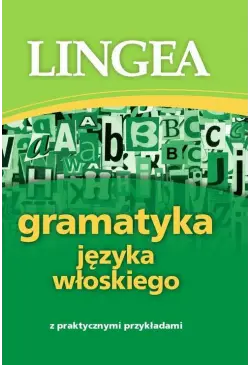

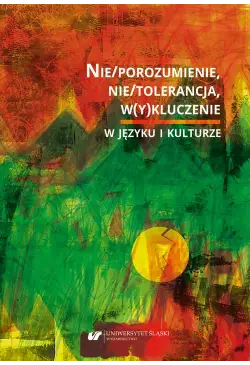
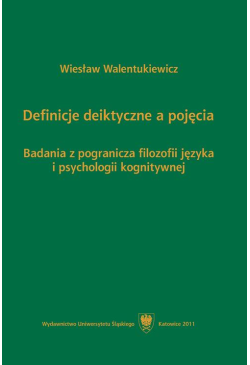

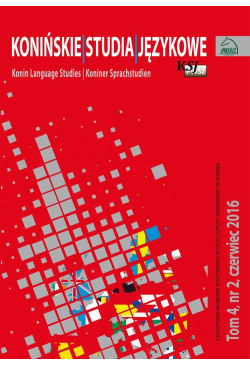
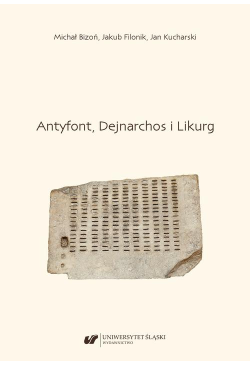
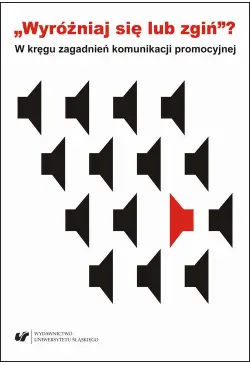
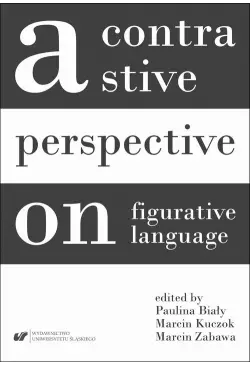


@CUSTOMER_NAME@
@COMMENT_TITLE@
@COMMENT_COMMENT@